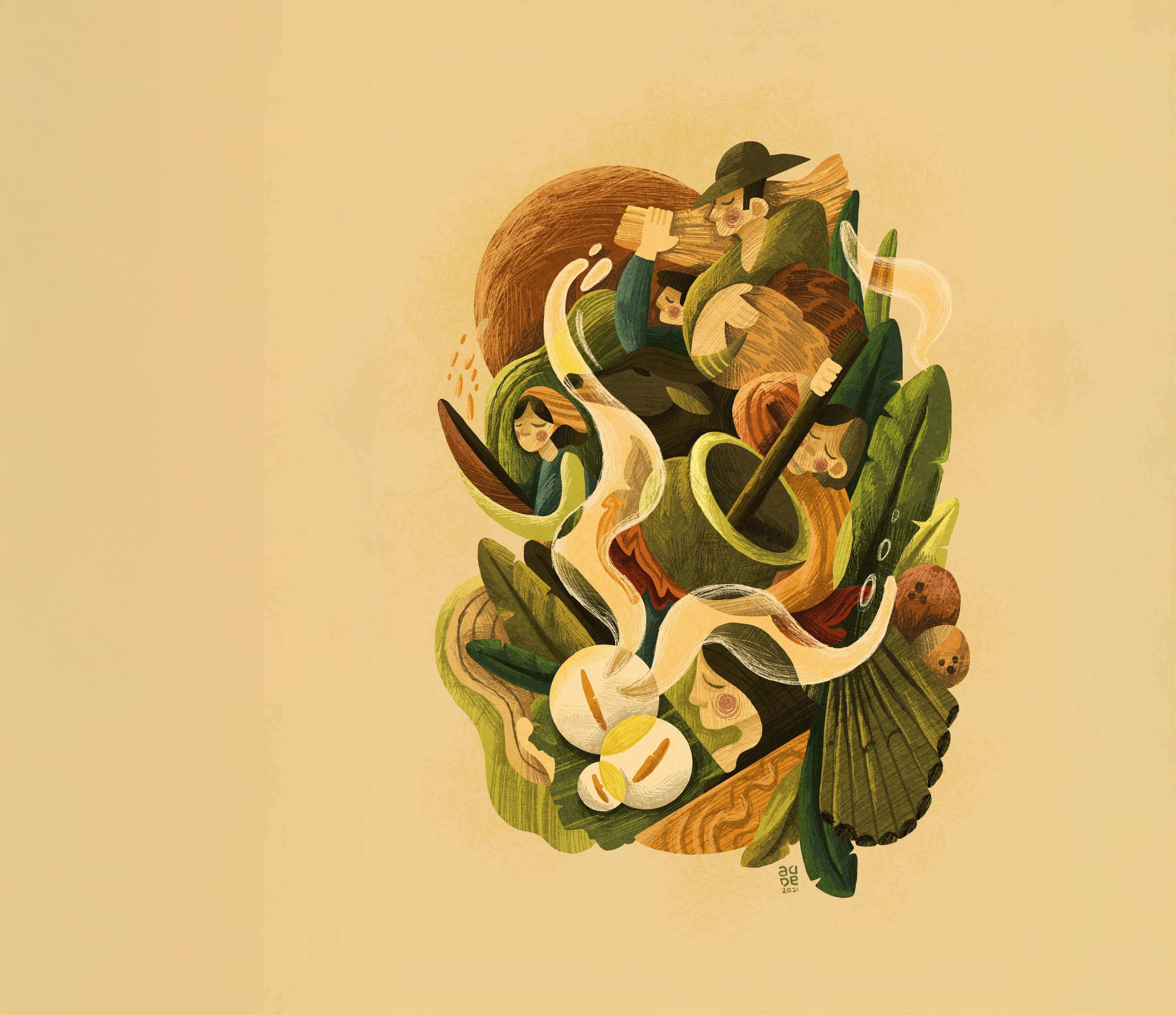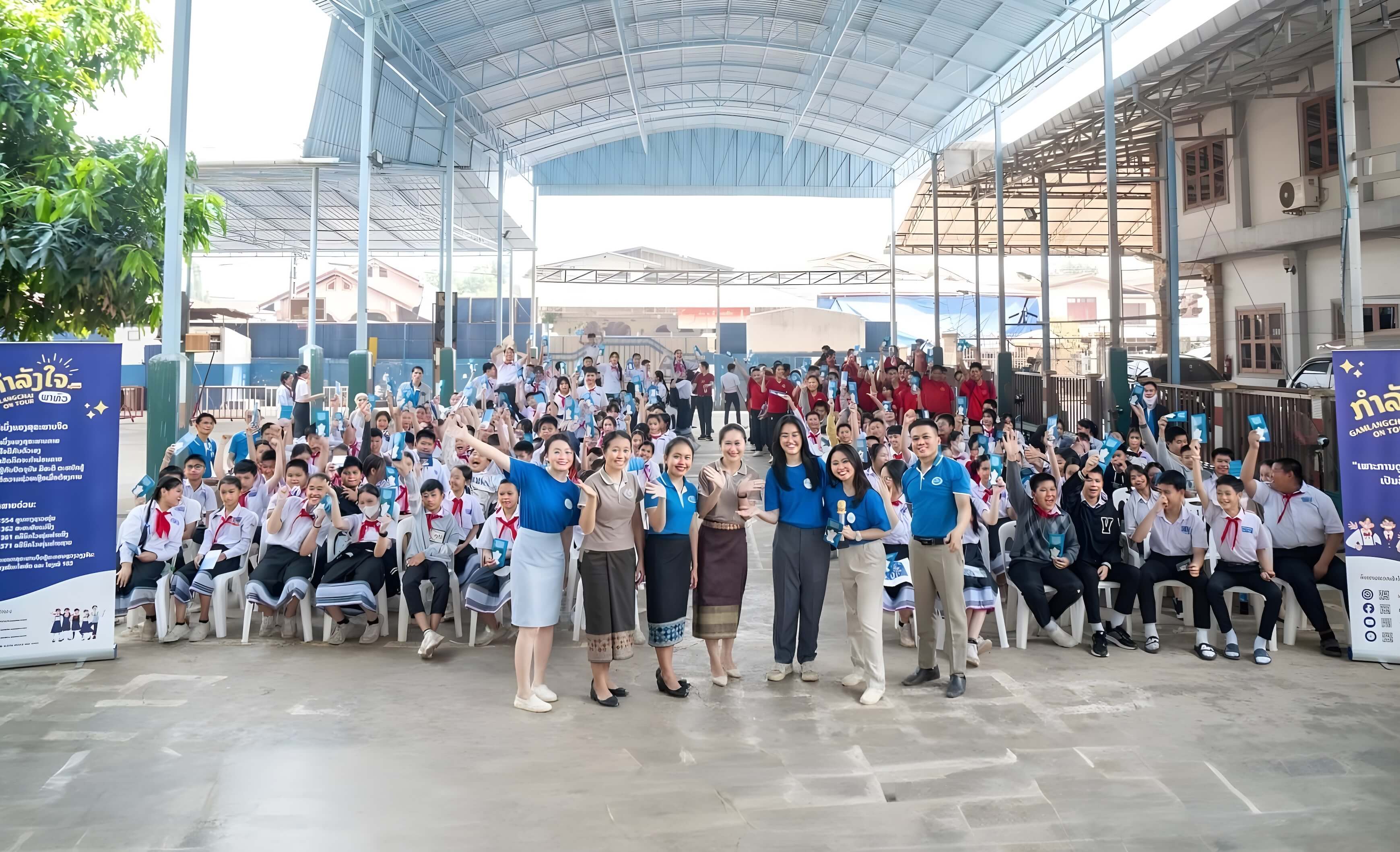



Seeking information in the digital era is as easy as clicking a link on our mobile phone. But during the current health crisis, clicking one might lead to misinformation.
The World Health Organization in February announced that the COVID-19 outbreak has been accompanied by an “infodemic’’ or an over-abundance of information—some accurate but mostly not—that makes it hard for us to winnow out ones that come from trustworthy sources and can be relied on for guidance.
There has been a proliferation of hoaxes and fake news on social media about the disease, including claims of preventive remedies and unproven cures that are potentially harmful to the public, from conspiracy theories to end of days. Deliberate misinformation meant to downplay the risks of the disease also circulate on social media.
n the Declaration of Special ASEAN Summit on COVID-19 issued on 14 April, ASEAN Leaders committed to enhancing effective and transparent public communication on issues related to the pandemic, and encouraged ASEAN information sector “to strengthen cooperation in countering misinformation and fake news.”
Some Member States have taken strict measures to prevent the spread of fear and false information related to the pandemic.
ASEAN has always promoted a culture of supporting the values of moderation, by promoting media and information literacy through guiding users to navigate cyberspace responsibly and safely, as guided by the ASEAN Culture of Prevention (CoP).
The ASEAN Secretariat’s Culture and Information Division has launched a social media campaign, using the CoP guidelines, that encourages netizens to be digitally responsible and to always fact-check before sharing any information online.
A quick survey of some ASEAN citizens shows that when it comes to fake news, “social media distancing” is the way to go. Airin Rachma, a resident of Jakarta, said that when she received information on COVID-19, mostly through WhatsApp, she always verified it first.
“On medical-related information, I will check with a medical expert. For other kinds of information, I would check with reliable news platforms,” she said.
She once read an information about road closures in Jakarta but managed to identify that it was a hoax.
“The message was made to look like it was coming from an official account of an Indonesian ministry, but I was suspicious as there were many typos in the message. I checked with reliable news platforms and my friend who works at the ministry. It turned out to be a hoax,” Airin said.
Wilma Jeannette de Lara, administration officer and Quezon City resident in the Philippines, said she read about COVID-19 and related news through social media and news outlets.
“I usually check with official websites if the news really came from them. I also check the veracity of the information reported or shared from fact-checking sites, such as Vera Files, to make sure that the news I share with others is not hearsay,” she said.
She recently read a news item on Facebook showing a photo of a group of people participating in a Holy Week procession in Valenzuela city in Metro Manila. Since the Philippines government has prohibited mass gatherings, netizens quickly criticised the Valenzuela mayor for not enforcing the regulation.
“The mayor later disowned the photo and pointed out that it was not taken in Valenzuela, but actually depicts a procession in Venezuela. I informed my friend that it was fake news,” de Lara said.
Another netizen, Tommy Des Mulianta, a graduate student of Lee Kuan Yew School of Public Policy in Singapore, said that he seldom received hoaxes because people in Singapore were more careful when sharing information with others, especially those related to COVID-19.
“I would refer to government websites or reliable news source to cross-check all information on COVID-19. The government has also been active in providing clarification for unverified information or posts by their citizen,” he said.
Governments play a key role in providing the public with accurate, detailed, and transparent information. It is also our role to be vigilant and fact-check what we receive and read online, and correct any misinformation.








